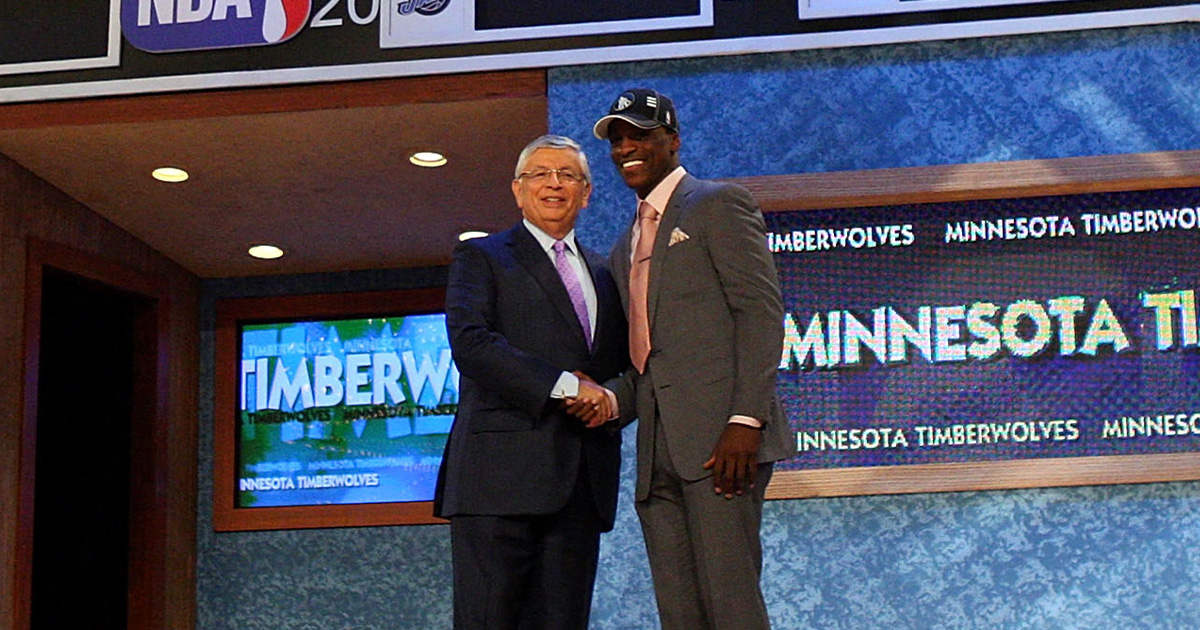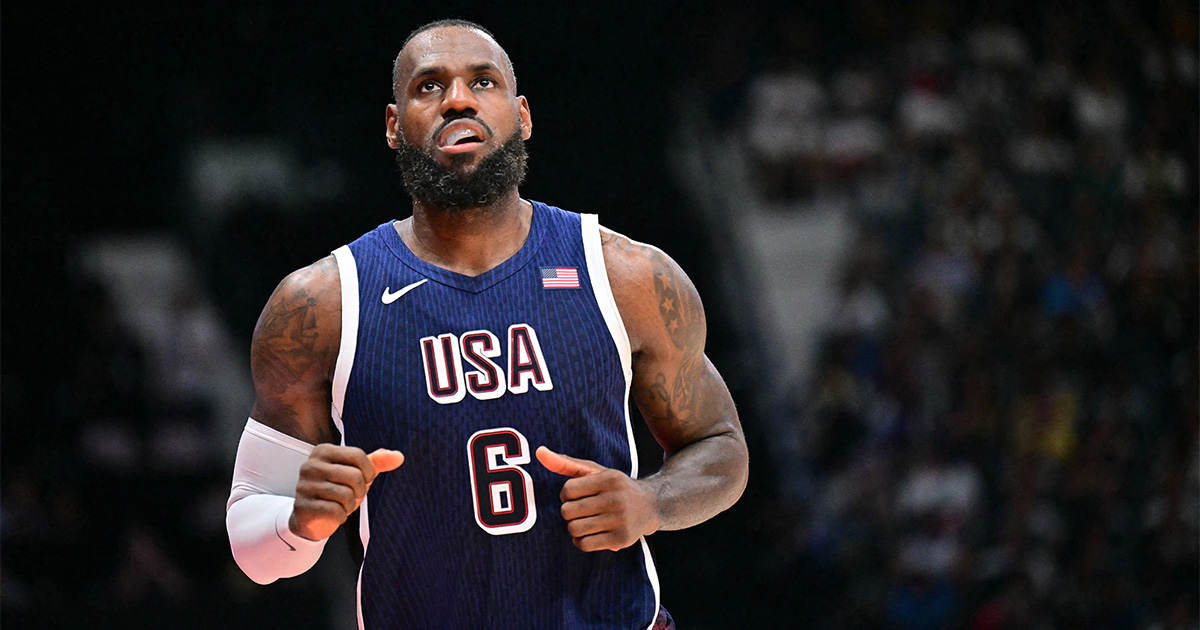An 82-game season being a long campaign can mean two different things for those in the NBA’s Eastern and Western conferences.
A handful of teams in the former see their campaigns to advance to the NBA Playoffs end by February and March, while the latter at times sees thrilling action with postseason implications from almost a dozen teams well into late-March.
As such, between the Eastern and Western conferences in the NBA, it is usually the latter that requires more wins for a team to be safely through to the NBA Playoffs. It’s not uncommon to see Western Conference teams above .500 miss the postseason and it’s fair to say that seeing teams win more than half their games sitting at home in April set a precedent that eventually led to the play-in tournament.
For this season, the Western Conference figures to be another tight race, given that as of this writing, 13 of the 15 teams in the West are within at most five games (update: the Lakers are now 5.5 games behind the Suns after losing to the Cavaliers) of each other. Expectations are there will be movement among these 13, especially they will face one another at more than a few times this season. The 14th and 15th teams, which as of this writing are the Houston Rockets and the San Antonio Spurs have a nine and 10-game gap with the West-leading Phoenix Suns, respectively, and may soon turn their attention to the Victor Wembanyama sweepstakes.
Meanwhile, four Eastern Conference teams (the Chicago Bulls, the Charlotte Hornets, the Detroit Pistons, and the Orlando Magic) are at least 10 games behind the league-leading Boston Celtics. Unlike the Western Conference, which is seeing some young and emerging teams, it’s the same cast of characters that remain relatively competitive. Suffice to say that even the player movement from this offseason hasn’t titled the scale towards the East.
That being said, being in the Western Conference isn’t easy. Teams in the West are generally well-built, have a generational star, or are a combination of both. A win today could mean jumping a few places ahead of teams, but a loss tomorrow conversely offsets any potential gains and can set a team back. Just ask the Utah Jazz.

Games between Western Conference teams matter more as division wins and tiebreakers could decide the playoff fates of a number of squads. The top four playoff spots are usually reserved for the division winners and the benefit of avoiding the play-in is an extra incentive for older and injury-prone squads. Homecourt used to be the primary advantage, but road teams have managed to steal a few games here and there thanks to how the 3-point revolution has made erasing deficits a much easier task.
The tight margins have somewhat been beneficial to some teams such as the Los Angeles Lakers, who started the season 0-5 and 2-10, but they have now gone 8-3 since to stay within a handful of games behind the Suns. The same can be said for the Golden State Warriors, who began the 2022-2023 at 3-7 and would be in the play-in with their 13-12 record if the season ended today. That there are 82 games means the NBA is a league of second chances in that sense, but where one is record-wise could also have consequences that could in turn be a competitive advantage.
Of course, the gaps could widen later on and factors beyond the control of teams could throw a wrench into their plans, but at this point in the season, much of the Western Conference controls their respective destinies. Later on, when teams will have varying concerns to deal with, how they respond to it will set them apart from the pretenders and bode well as they navigate through the postseason.
The Western Conference is long and grueling for the teams in it, but wildly entertaining from a fan’s perspective. Many have said the fun starts after the All-Star break, but when nearly every game matters, the good times (for basketball fans at least) have already begun.















